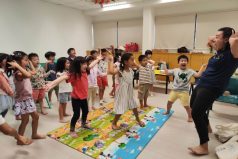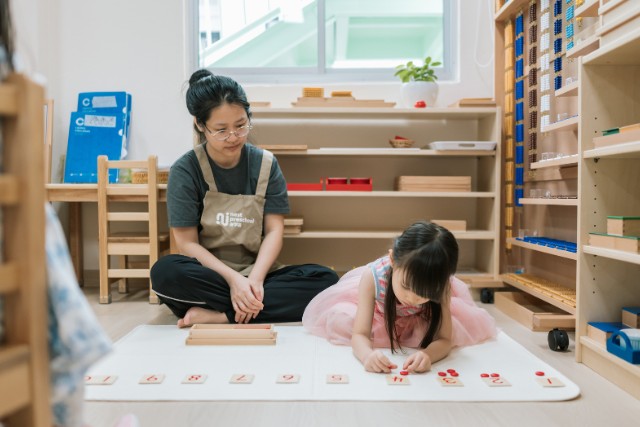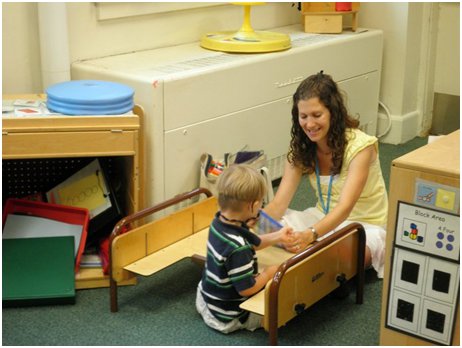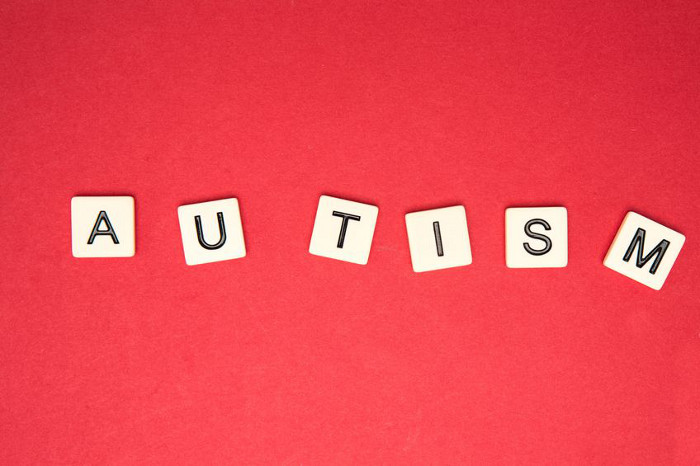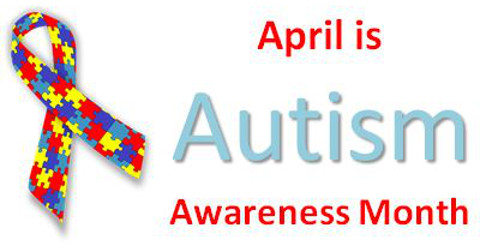Singapore, with its rising cost of living, sees a trend towards dual-income families to support the family’s needs. Financial difficulties aside, parents also struggle to seek balance with educating children, managing workload, supporting ageing parents and maintaining a social life. Furthermore, the shrinking household sizes also meant that most families may not have many family members to rely on when the need arises.
These are just some common woes of a typical local household.

But what happens to families who are supporting a child with Autism Spectrum Disorder (ASD)? What challenges do they face?
“His father cannot accept that he has autism. As a mother, I feel responsible for taking on both parental roles.”
The journey to the stage of acceptance is tedious and exhausting. Within the family, disagreements are likely to occur, especially when planning the child’s education path. Sometimes, parents and even grandparents offer differing views of the child’s developmental growth, aggravating everyone’s stress. In public, parents need to withstand odd stares from others whenever their child starts behaving erratically such as flapping hands or screaming.
Strong emotional support through various sources is the key to achieve acceptance of the child. Family members and close friends form the greatest pillars of strength. Some parents also turn to the various parent support groups, to help them understand that they are not alone in managing their child with special needs.
With these pillars of support, parents will eventually accept their child’s diagnosis. Parents begin to see a child as a person and understand and support them as they grow. They learn to embrace the child and rejoice at every small developmental step made by the child.
Social activities and Family Time
“It is so difficult to bring him out. He would run about in shopping centres and would always ask to go to the same fast-food restaurant.”
Children with ASD like predictability and routines. They struggle during social outings, meeting new people or visiting new places. Even simple meals in coffee shops or restaurants may become a potential battlefield with the child.
One parent shared, having a child with ASD has taught her to be organized. Advanced planning, constant evaluation and predicting the child’s behaviour will form part and parcel of the family’s life. Parents become actively involved in the child’s life and take note of potential changes in the day or upcoming week. Whenever such disruption occurs, they have to prepare the child of the routine change.
“He was so unhappy throughout the trip and kept asking to go home. Hence, we cut short our trip.”
Some parents would think twice about going on long holidays. For some children with ASD, the new experience and unpredictability of the holiday could be the perfect recipe for disaster. Parents with special needs children worry all the time. Will the child be able to cope with the flight experience, adapt to a new environment, accept the different culinary experience, and more importantly, can they accept the disruptions to their usual routine?
Creating a social story to explain the upcoming new experience may help to alleviate the child’s fears. Instead of planning long trips, some families compromise by organizing one-day trips to Malaysia or Sentosa. Children still get to have fun, and if a need arises, the trip can be cut short without much hassle.
Financial and logistic needs
“I quit my job so that I can take care of her. We rely on her Dad’s salary to pay for fees and therapy services.”
Raising a child in Singapore requires a hefty sum. The cost becomes even higher for a child who requires long-term speech and occupational therapy, and sometimes psychological or behavioural services. Some non-government aided schools for children with special needs can be costly as well. To take better care of their children, some parents have to quit their jobs, which becomes an added financial burden to the family. Seeking health and life insurance for an ASD child is also problematic as few health care insurance companies are keen to insure children with ASD.
“I have to shuttle him from school to therapy sessions three times a week. I have no choice but to leave his sister with the grandparents.”
The time spent with a special needs child and his siblings, as well as other family members, maybe divided unequally. Parents may dedicate more individual time for the child with ASD, shuttling him to and fro various therapy services and early intervention centres.
Due to logistical constraints, some parents bring siblings along to the therapy centre. Whilst most of the siblings do not participate in the sessions, the physical presence of the entire family at the centre is warm-hearting. It can also create the perfect teaching opportunity for parents to explain the child’s special needs to his siblings and in the long-term, minimise sibling rivalry.
On a positive note, there is a stronger awareness of children with ASD in Singapore, with help becoming more readily available for parents and the child. There are currently 13 government-aided early intervention centres, and a few other private centres in Singapore. Another 7 government-aided early intervention centres will be built over the next 4 years. Annual caregiver training grants of $200 are given to families to encourage them to attend pre-approved training programs to better understand their child’s needs.
There is no doubt that parents will continually face challenges and frustrations when managing a child with ASD. However, many parents have shown resilience in nurturing their children. Through the process, they learn, grow and enjoy life together with the child. This altruistic love is a privilege that we, as therapists, get to observe in the centre. Hopefully, as our society becomes more accepting and aware of autism, more services and facilities can be offered to support this group of dedicated and loving parents.
This article is brought to you by the team of speech-language therapists and occupational therapist from The Children’s Therapy Centre. They work with children of all ages with communication, motor or attention difficulties..
* * * * *
Like what you see here? Get parenting tips and stories straight to your inbox! Join our mailing list here.
Want to be heard 👂 and seen 👀 by over 100,000 parents in Singapore? We can help! Leave your contact here and we’ll be in touch.












